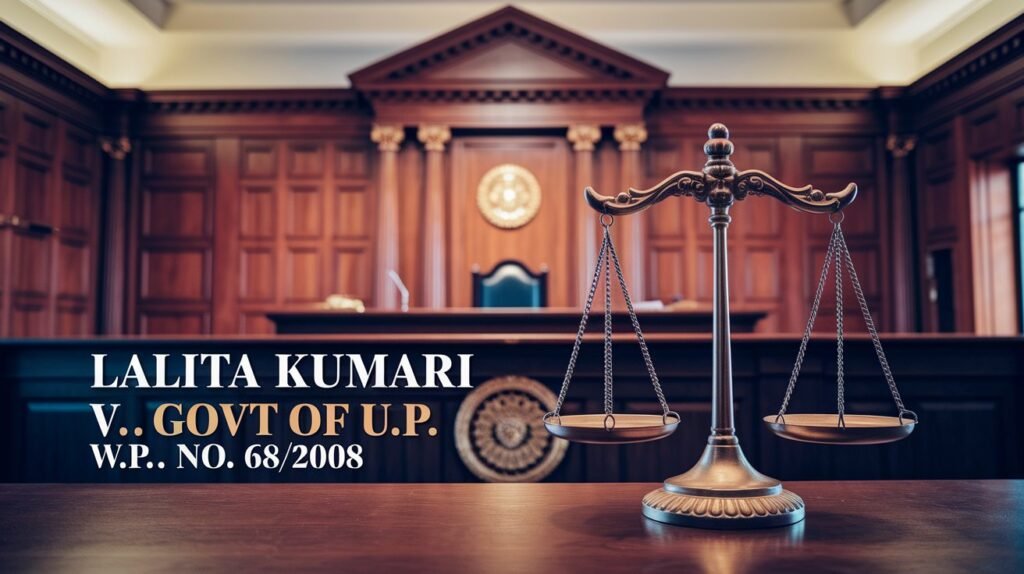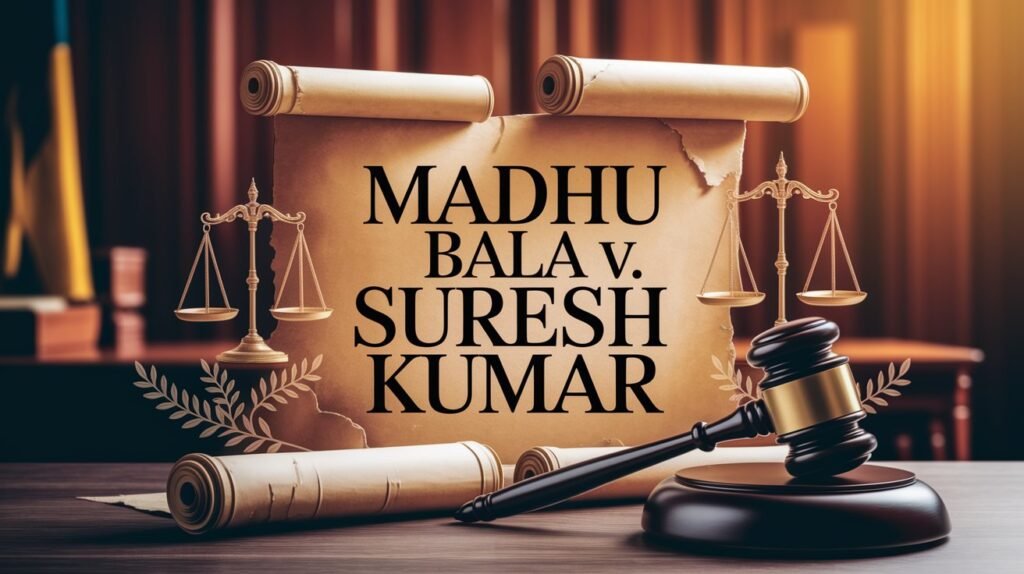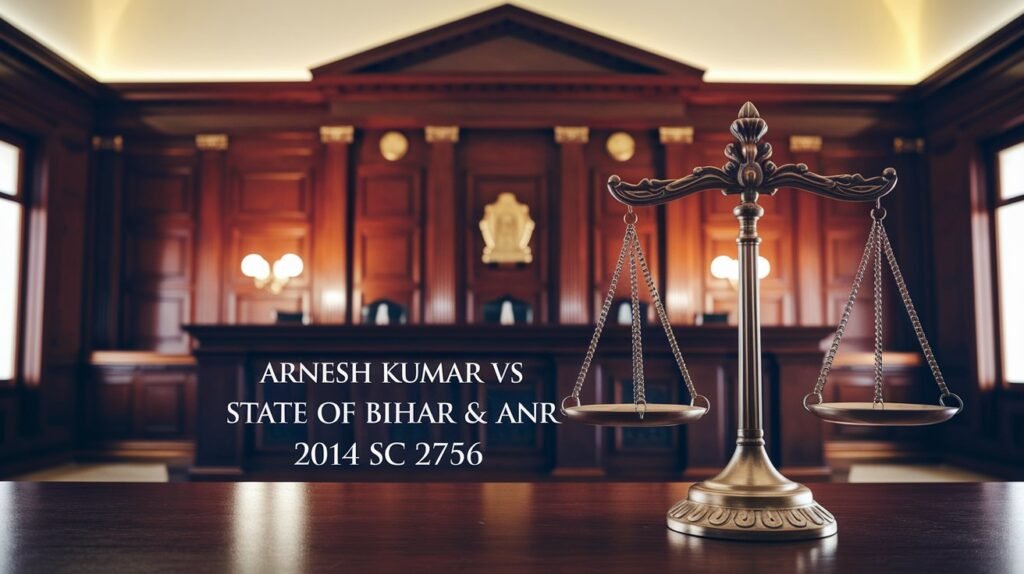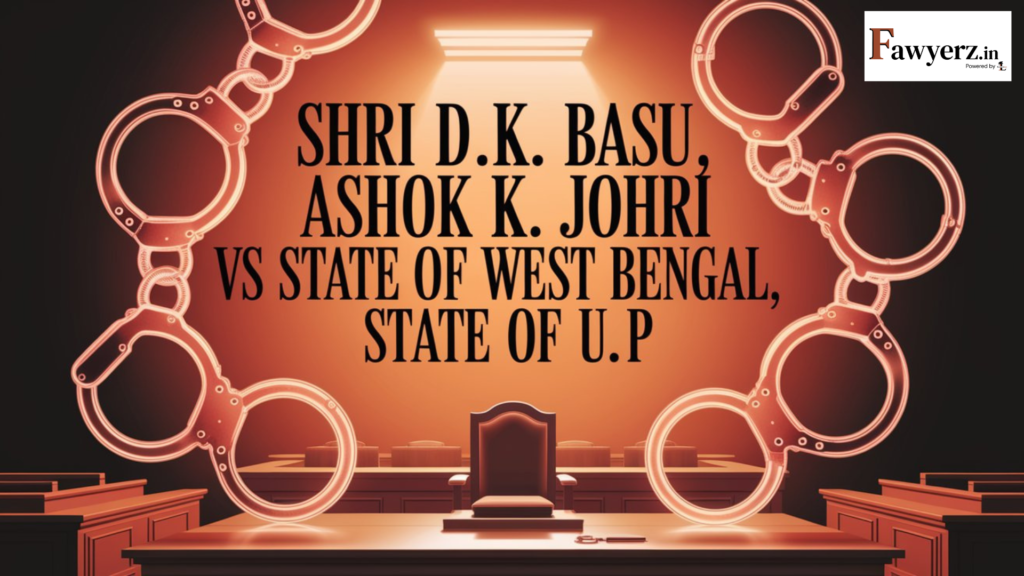Joginder Kumar v. State of Uttar Pradesh 1994 (Case Summary)

This landmark judgment balanced individual liberty and state authority by clarifying that the power of arrest under Section 41 CrPC must be exercised only when necessary. The Supreme Court held that an arrest may be lawful but not justified, stressing that personal liberty under Article 21 cannot be curtailed mechanically.
Table of Contents
ToggleFacts of Joginder Kumar v. State of Uttar Pradesh
- Joginder Kumar, a young lawyer, was called for inquiries by the Superintendent of Police, Ghaziabad.
- He appeared voluntarily, accompanied by his brothers, who were assured he would be released that evening.
- Despite this, he was kept in custody for five days without being presented before a Magistrate or intimating his family of the arrest.
- His family filed a habeas corpus petition under Article 32; the Supreme Court ordered an immediate inquiry.
Issues framed
- Whether arrest can be made merely because it is lawful?
- Whether reasonable satisfaction regarding necessity of arrest is required under Section 41 CrPC?
- Whether the arrested person has the right to have a relative informed and to be produced before Magistrate promptly?
Judgment of Joginder Kumar v. State of Uttar Pradesh
The Supreme Court held that arrest is a serious deprivation of liberty and must not be resorted to merely because it is legally permissible. The decision to arrest must be preceded by some investigation into the bona fides of allegations and satisfaction on grounds for necessity, including risk of tampering, flight, or continued criminality.
The Court laid down binding procedural requirements, stating:
“No arrest can be made because it is lawful for the police officer to do so. The existence of the power of arrest is one thing. The justification for the exercise of it is quite another. No arrest should be made without a reasonable satisfaction reached after some investigation about the genuineness and bonafides of a complaint and a reasonable belief both as to the person’s complicity and even so as to the need to effect arrest.”
Furthermore, the Court specified the rights of the arrested person:
“An arrested person being held in custody has the right to have a friend, relative or other person informed… the arrested person shall be informed of this right when brought into the police station. An entry shall be made in the diary as to who was informed of the arrest.”
In its final holding, the Court held that Joginder Kumar’s continued detention without producing him before a Magistrate and without informing his family amounted to a violation of Article 21 and Article 22(1). The Court ordered immediate release and stressed that breach of these guidelines would attract departmental action and judicial oversight.





